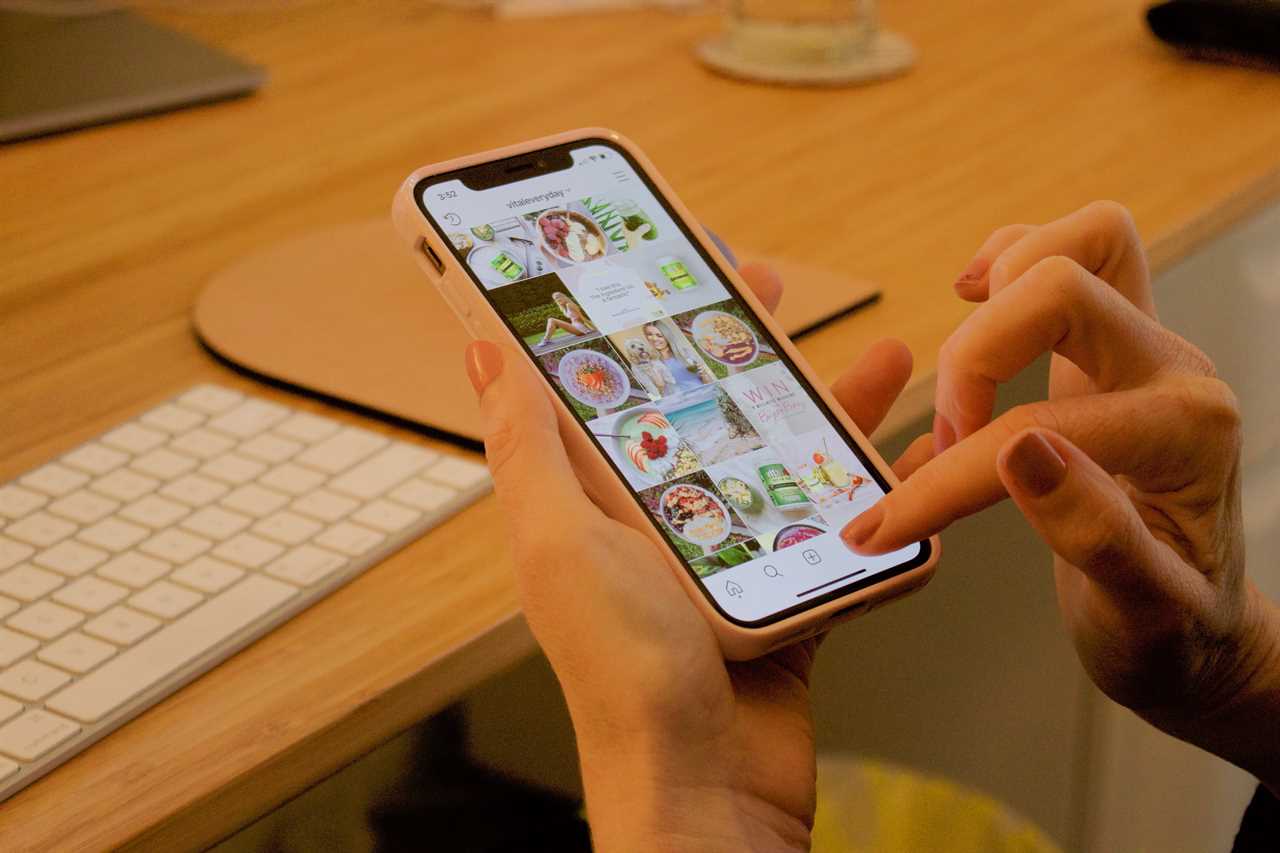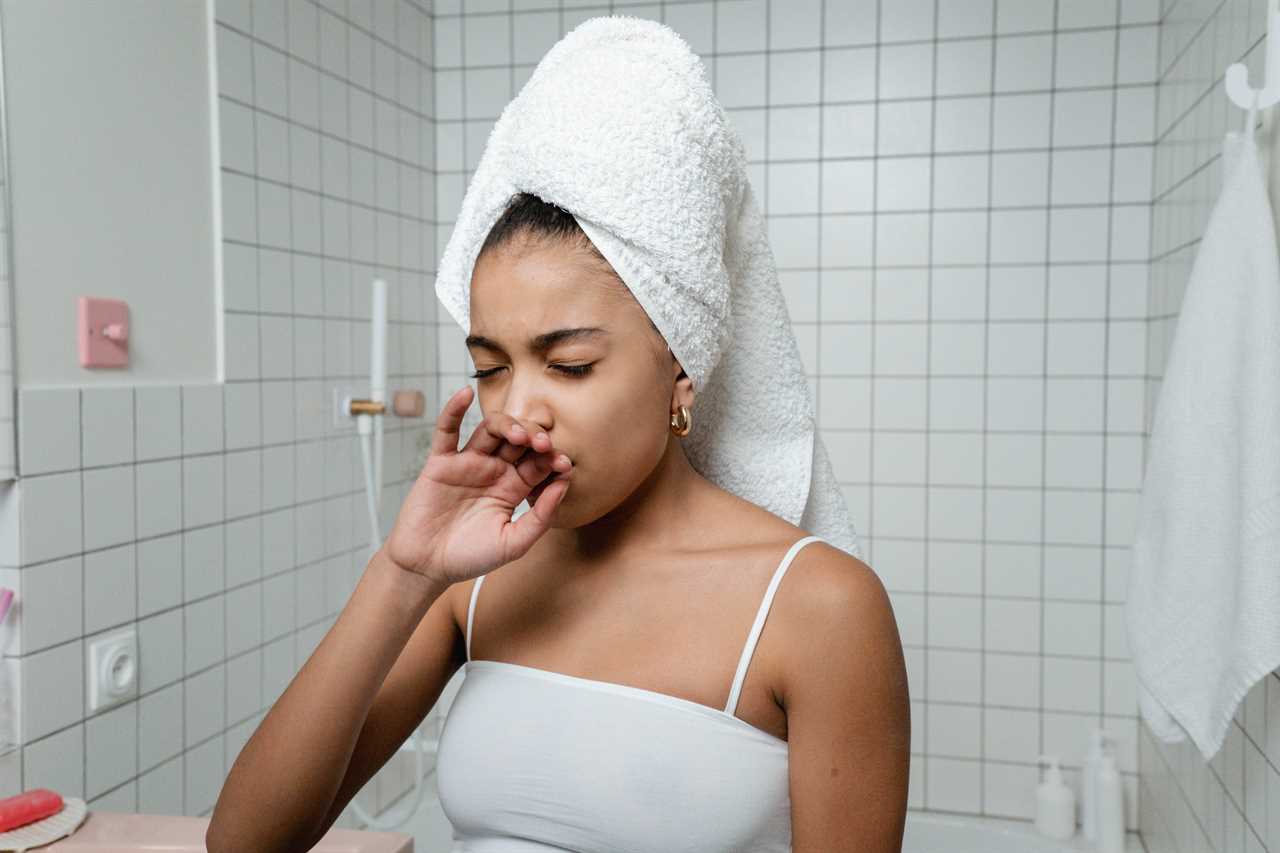Self-care can mean different things to different people. Whether that involves a 12-step skincare routine, weekly therapy sessions, or solo travel, there are many ways we try to improve our overall well-being. Part of the reason it’s so palatable to the mainstream is that self-care is an extremely broad category under the even bigger (and more profitable) $4 trillion global industry of health and wellness. It’s an umbrella term for rituals that promote one’s physical, mental, and emotional health.
The Origins of Self Care
Caring for myself is not self-indulgence. It is self-preservation, and that is an act of political warfare
Audre Lorde
Self-care as we know it didn’t start out as a catch-all keyword to sell various lifestyle products and services. Though the need for self-preservation has existed throughout the evolution of man, the term wasn’t formally coined until much later, by the medical community. By the early 19th century, it became widely accepted as a legitimate self-management tool for chronically ill patients. For people who lived with diseases like diabetes and coronary heart disease, self-care covered a wide range of aspects such as proper diet and exercise, tracking blood sugar levels, and treatment.

The medical version of self-care was still only applicable to a certain demographic. What slingshotted the practice into the limelight was the radical feminist movement that gained traction in the 1960s. Poet Audre Lorde, an influential feminist, and civil rights activist, famously said, “Caring for myself is not self-indulgence. It is self-preservation, and that is an act of political warfare.”
With thousands of people resonating with Lorde, groups who were on the receiving end of systemic injustice and oppression — women, queer, and black folks, mainly — wielded self-care as a survival tool. These communities were not only subjected to pervasive racism and hostility but were also maliciously deprived of access to fundamental rights, like healthcare. The practice of self-care provided them with ways to survive.
What Audre Lorde is really saying is that self-indulgence is not an option for the marginalized. Self-preservation is more urgent. It bears similarities to how people with chronic illness turned to various self-care techniques to prolong their life and somehow improve their quality. Self-care in those times was a necessary precaution against distress, disease, and death.
Self-Care Today is Very Different — and Can Be Very Toxic

I don’t mean to discount the genuine efforts that people put into promoting their well-being and the genuine results they get from them. There are many, like me, who treat self-care as a lifeline. But there are also those who promote self-care as a lifestyle to profit off of. Just look at social media influencers and the many products they promote, from slimming teas to meditation retreats. Self-care has definitely become a buzzword, co-opted by capitalism and reinvented into a gargantuan money-making machine.
We can recognize that self-care has become somewhat performative, meaningless, and ultimately counterproductive to its goal of improving our lives. By practicing complicated routines to boost overall well-being, we make trade-offs that are potentially detrimental. It’s time we recognize how these self-care habits create a toxic environment for us to truly flourish and become the best version of ourselves.
1. Treating yourself…to a debt spiral

Self-care practices today range from taking a relaxing bath to going to therapy. There’s also a side of self-care that is less about engaging in mindful and meaningful activities, and more about satisfying indulgent needs and wants — the treat yourself culture.
Retail therapy, for one, is considered by many as a way of decompressing, which science backs up. Researchers explain that shopping gives us a sense of control that we might be missing in real life. The organized shelves create “satisfying environments” through which we can “visualize positive outcomes”. And even if we don’t end up making a purchase, the idea of getting a reward is sometimes enough to get us out of a funk.
But anything we do on emotion can develop into a compulsion. Whenever we feel sad, we might automatically head for the shops, to a boutique spa, or even book an expensive getaway, so long as we can justify it as self-care. The danger here is obvious. We become too reliant on expensive ways to improve our mood that our financial health suffers as a result. This can create a toxic cycle of stress and spending. We get stressed because our bills are too high, so we buy something to make us feel better, which only adds to our ever-growing list of expenses.
Retail therapy is just one example. Any detrimental activity we normalize as self-care has the danger of becoming a habit. Think of excessive drinking, binge eating, or too much screen time. Before these activities we call self-care but are actually harmful turn into a compulsion, clinical psychologist Shiela Forman recommends finding alternative ways to relieve stress. Habits like journaling, going for a run, or even crying into a pillow can be more effective. You actually have time to reflect on your emotions without spending a buck or harming yourself in the long run.
2. Striving for a perfect self-care routine

Someone on social media might meditate in the morning, complete a multi-step skincare routine, prepare healthy meals for the day, and go to the gym, while somehow finishing work in time to get eight hours of sleep at night — but that person doesn’t ‘t have to be you. In fact, the more you try to cram other people’s tried and tested self-care routines into your life, the more stressed you might become.
Here’s a secret wellness influencers don’t want you to know: the perfect self-care routine doesn’t exist. There isn’t a singular path to improving one’s well-being. The nature of self-care is that it’s personal. What works for one might not necessarily work for you. It’s time to stop trying to curate the perfect self-care routine and focus on improving one thing at a time.
Instead, researcher Alyssa F. Westring suggests noticing patterns in your life in terms of your mood and energy. If you feel good, can you think of what caused it? Perhaps it was the peaceful walk you took to work this morning instead of your usual cramped commute. If you don’t feel your best at the moment, try to figure out why. Did you have an unusually short sleep? Are you dreading a social event?
When you know your triggers, both good and bad, you can seek or avoid them. Your self-care routines can change from time to time but that’s okay. It just means you’re being more attentive to your needs, instead of forcing rigid routines that don’t make sense for you.
3. Ignoring professional interventions for DIY self-care methods

If you find that your usual self-care routines are doing little to improve your well-being, you might need professional intervention. And for a lot of us, professional help means therapy.
Before you protest, therapy — which has many different types — is simply an evidence-based approach to self-care. It’s similar to the medical form of self-care of the 19th century for chronically ill patients. Only instead of helping people manage their physical health, it’s designed to help people manage their mental and emotional well-being.
Spa days and exercise may be effective ways to cope, but Dr. Paul Appelbaum of Columbia University says they might not always be enough in easing symptoms of mental illness. He says, “…when that feeling of being bummed out progresses to the point [where] it constitutes a set of depressive symptoms that actually interfere with life, when the anxiety gets to the point where it can be disabling, that’s a transition point.”
These transition points are easier to recognize when you’re attuned to the patterns in your life. But don’t wait for a crisis to happen before you seek help. If you feel like you need more insight into how to deal with your everyday life, therapy could help. Or if you are expecting change to happen, or need guidance on how to make it happen without experiencing psychological stress, therapy could help. Or even if you just want to learn how to process events, even ones that aren’t what other people might consider traumatic, therapy could help.

In a lot of ways, seeking professional interventions like therapy or even, say, a consultation with a nutritionist, is self-care. You can improve the many ways you promote your well-being with a little (or a lot of) help from experts who can share their evidence-based knowledge. They can help you find actionable ways to take care of yourself daily.
You might be tired of hearing self-care advice at this point. But the only important advice I can share is to take stock of habits and behaviors that might only be doing more harm than good to your well-being. Don’t normalize harmful behavior (like spending too much on self-care), stress over an ideal self-care routine (it doesn’t exist), and ignore methods (like therapy) that can actually help you. These are toxic self-care habits that have no place in anyone’s lives in 2023 and beyond. To ironically borrow a quote from many wellness influencers, “New year, new me.”
Did you miss our previous article...
https://yogameditationdaily.com/meditation-retreats/experiencing-a-changa-event-at-an-oakland-plant-medication-church






